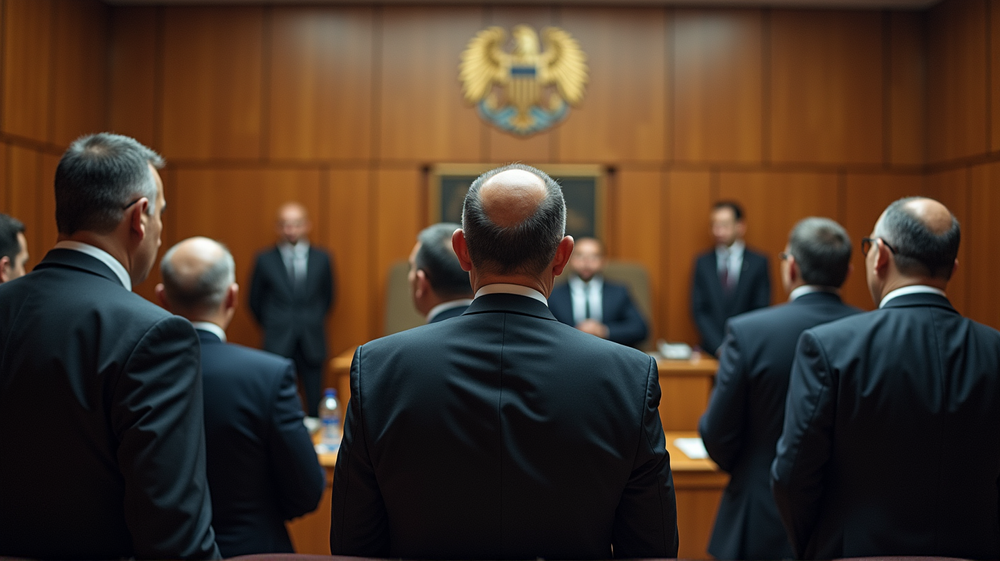The Middle Eastern landscape is no stranger to conflict and controversy, but the latest legislative proposal by the Israeli Knesset has opened a new chapter of global discourse. At the heart of the debate is Israel’s plan to establish a special tribunal targeting Hamas fighters who are currently detained, accused of participating in heinous crimes on October 7.
The Birth of a Tribunal
The proposal aims to fast-track the justice process by introducing a specialized tribunal, designed specifically to handle cases related to the actions of Hamas’ infamous Nukhba unit. These fighters, who are allegedly responsible for gruesome acts of violence against Israeli civilians, have sparked an urgent call for justice within Israeli circles. However, the methodology of such justice has left many pondering its implications. According to Haaretz, the tribunal’s establishment raises questions on international legal standards and human rights concerns.
Balancing Justice and Human Rights
Legal experts around the world are raising eyebrows at the notion of a tribunal singularly focused on one group, which might blur the lines of unbiased judicial proceedings. There’s an undercurrent of anxiety about whether this could set a precedent for overarching legal practices under the guise of counterterrorism. Critics argue that while justice for victims is paramount, it must not come at the cost of established legal principles and fairness.
Global Reactions and Concerns
The international stage is carefully watching Israel’s maneuvering of this tribunal. Human rights organizations are vocalizing their apprehension, fearing that such measures could lead to unfair trials, devoid of transnational legal scrutiny. It has ignited a debate on the ethical responsibility nations hold when punishing those involved in terror activities, especially in conflict-torn regions.
Historical Context and Future Implications
Israel’s history with Hamas is fraught with violence and mutual distrust, making every decision on this front a part of a larger narrative. The tribunal is seen as a reflection of Israel’s firm stand against terrorism, yet it’s also a litmus test for how justice can be administered in a tense geopolitical climate. The outcomes of this legislation could shape more than just the Israeli legal framework; it could influence international law enforcement strategies in similar contexts.
Conclusion: Justice Served or Justice Denied?
As Israel moves forward with the Knesset’s proposal, the world will continue to scrutinize its every move. The tribunal, while promising swift justice for crimes that shook Israel to its core, also risks alienating global support and potentially eroding trust in international justice systems. The true test will lie in balancing swift action with the integrity of the judicial process, ensuring that justice is served without sacrificing fundamental human rights.
In this embodiment of judicial reform, one thing remains clear: the lines between justice and overreach may never be more vivid. As stated in Haaretz, the tribunal may well become a pivotal case study in the international justice arena.












